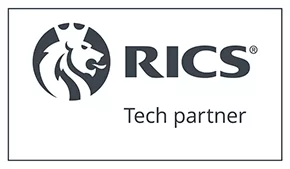Fixed costs in the construction industry refer to expenses that do not vary with the level of output or the scale of a project within a certain capacity. These costs remain constant regardless of the volume of construction activities, providing a stable element in the overall financial planning of a construction firm.
Key Components:
- Office Rent: Regular payments for office space used by the construction firm.
- Salaries of Permanent Staff: Wages and benefits for permanent employees, such as administrative staff, project managers, and senior management.
- Insurance: Premiums for various insurance policies, including general liability, property, and workers’ compensation.
- Depreciation: The systematic allocation of the cost of long-term assets, such as machinery and equipment, over their useful lives.
- Utilities: Fixed charges for basic utilities like electricity, water, and internet services used by the firm.
- Leasing Costs: Payments for leased equipment or vehicles that are used by the firm regardless of project activity levels.
- Property Taxes: Taxes levied on owned properties, such as office buildings or warehouses.
Benefits:
- Predictable Expenses: Provides stability and predictability in financial planning and budgeting.
- Cost Control: Easier to manage and control as they do not fluctuate with project activities.
- Capacity Planning: Helps in planning and optimizing the firm’s capacity without worrying about fluctuating costs.
Process:
- Identify Fixed Costs: List all expenses that do not change with the level of construction activity.
- Allocate Costs: Ensure fixed costs are appropriately allocated in the financial statements and project budgets.
- Monitor and Review: Regularly monitor fixed costs to ensure they remain consistent and within planned limits.
- Adjust Planning: Adjust financial and project planning to account for any changes in fixed costs, such as increased rent or new insurance premiums.
Applications in Construction:
- Financial Planning: Essential for creating accurate and reliable financial plans and budgets.
- Cost Analysis: Helps in analyzing the cost structure of the firm and identifying areas for potential cost savings.
- Project Pricing: Assists in setting project prices by understanding the baseline costs that need to be covered regardless of project size.
- Break-Even Analysis: Crucial for determining the break-even point where total revenues cover both fixed and variable costs.




